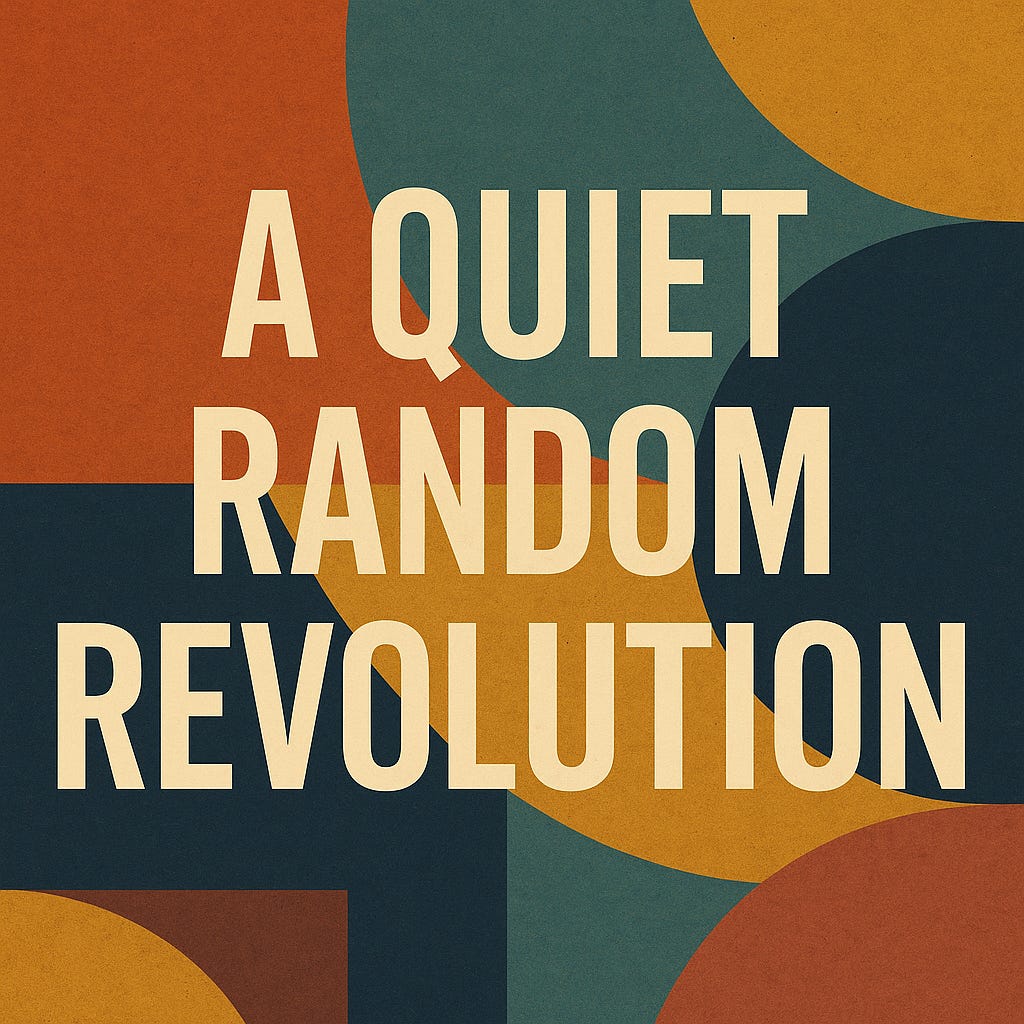A Quiet Random Revolution
Prof. (Dr.) Sanjeev Kumar, Dean, School of Liberal Arts, Bennett University
A Big-Bang Framework
Cosmologists often remind us that the Big Bang—the beginning of everything—might not have been as thunderous as its name suggests. It could have started quietly, almost imperceptibly, before expanding into the unimaginable vastness of our universe. Small, subtle beginnings sometimes carry the seeds of enormous transformations.
Something of this kind is unfolding at Bennett University today. Under the mentorship of Vice-Chancellor Prof. (Dr.) Raj Singh and the leadership of the School of Liberal Arts, the university has set in motion an unprecedented intervention in higher education. It is quiet in its execution, random in its design, but revolutionary in its implications.
The Spark of a New Policy
India’s National Education Policy (NEP) of 2020 calls for holistic, multidisciplinary, and flexible learning. Many institutions have discussed its merits, some have experimented at the margins, but Bennett University has chosen to embrace the policy in both letter and spirit. For the incoming class of freshers, this has meant an entirely new way of entering the university experience.
Instead of being slotted into narrow silos from the very start, nearly 4,000 students have been distributed into close to 400 randomly formed teams. Each team brings together students from different schools of the university—engineering, liberal arts, management, media, design, and others (the School of Law opted out because of some form of inexplicable regulation of the Bar Council of India (BCI)). The randomness ensures that students encounter not just diversity of discipline, but also diversity of thought, background, and aspiration.
What might look like a simple administrative exercise—an algorithm distributing names into groups—has profound educational intent. It is an experiment in interdisciplinarity, multidisciplinarity, and transdisciplinarity, all concepts central to the NEP. For faculty, administrators, and students, it opens the possibility of learning not just about their chosen fields but with and through the perspectives of others.
Learning in Teams, Living in Systems
Team-based learning is not new. What makes Bennett’s effort distinctive is the scale, the randomness, and the philosophical commitment behind it. Random allocation avoids the usual clustering of friends, classmates, or students with similar strengths. Instead, it mirrors the randomness of life itself: in workplaces, in communities, and in society at large, one rarely gets to choose teammates. The challenge is not to wish for perfect alignment, but to cultivate the skills to collaborate with whoever sits across the table.
In the coming months, each of these teams will engage in exercises that range from reflective writing to problem-solving, from creative tasks to critical dialogues. Over time, faculty and mentors will be able to observe patterns—how interdisciplinarity shapes confidence, how multidisciplinarity builds resilience, how transdisciplinarity sparks creativity. It is nothing short of a living laboratory for the future of education.
Ripples of Innovation
The ripples of this quiet revolution are already visible. Just last evening, two students walked into my office with a fresh idea: why not start a barter system of skill-exchange within the Bennett campus? They had been inspired by a classmate from the Bachelor of Design (B.Des) program who offered to share design insights in return for help with coding. Their suggestion was simple: create a marketplace where students exchange skills, not money. It was only the second day since the team-based system had been launched, and already it was sparking imagination.
One cannot predict what shape such ideas will take, but this is precisely the point. By creating fertile ground for cross-disciplinary interactions, the university is allowing unpredictable forms of creativity to flourish.
A Global Vision
Bennett’s motto has always been to empower the higher education ecosystem globally, not just serve its own students. The current initiative is an embodiment of that vision. If successful, it will offer insights into how higher education institutions worldwide might operationalize interdisciplinarity at scale. How do we ensure that students trained in engineering think like economists when needed, that psychologists understand the role of media, that lawyers appreciate design thinking? These are not luxuries anymore; they are necessities in a complex, interdependent world.
The Quiet Beginning
Like the Big Bang, revolutions in education may not begin with fanfare. They begin in classrooms where strangers become teammates, in offices where students knock with new ideas, and in the willingness of institutions to take risks. Bennett University has chosen to take that leap.
Whether this quiet random revolution will expand into something as transformative as the cosmologists’ Big Bang is yet to be seen. But what is certain is that the universe of higher education in India will never look quite the same again.
Stay tuned as we begin unpacking the insights emerging from this quiet revolution.
Disclaimer: AI tools were used in curating this content, with human oversight to ensure academic rigor and contextual relevance.



I am one of the students in the batch and i find this activity to be very exciting , as a student always surrounded by fellow batch mates it's a new experience when we get to interract with other course mates , it gives us insights to many things . It has been only a week since this community was created but i have high hopes , that this would be revolutionary .
Loved reading through this sir and the idea sounds both novel and exciting. I am sure, students with a curious bend of mind will lap this and make this a huge success. Wishing you the best!